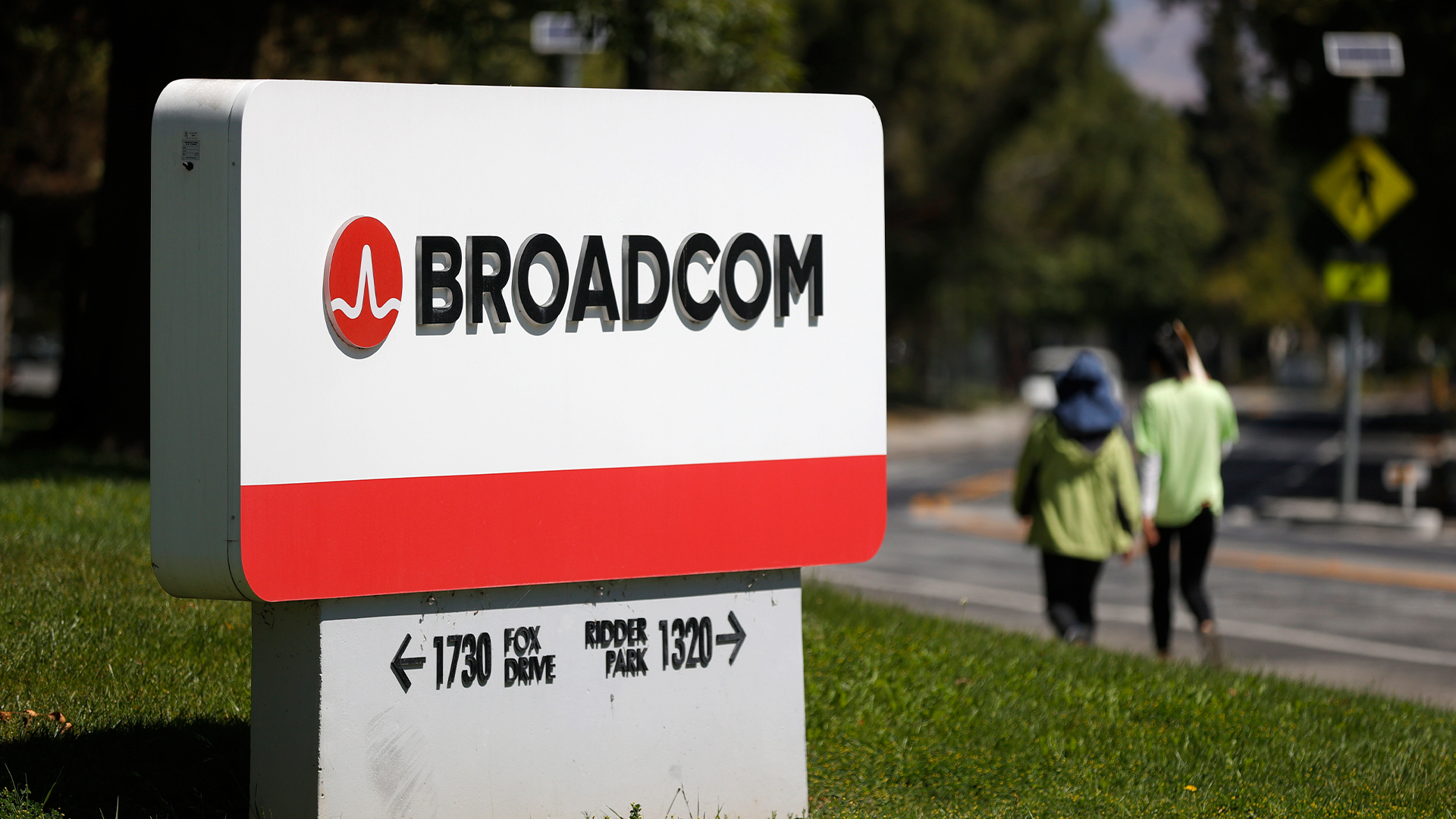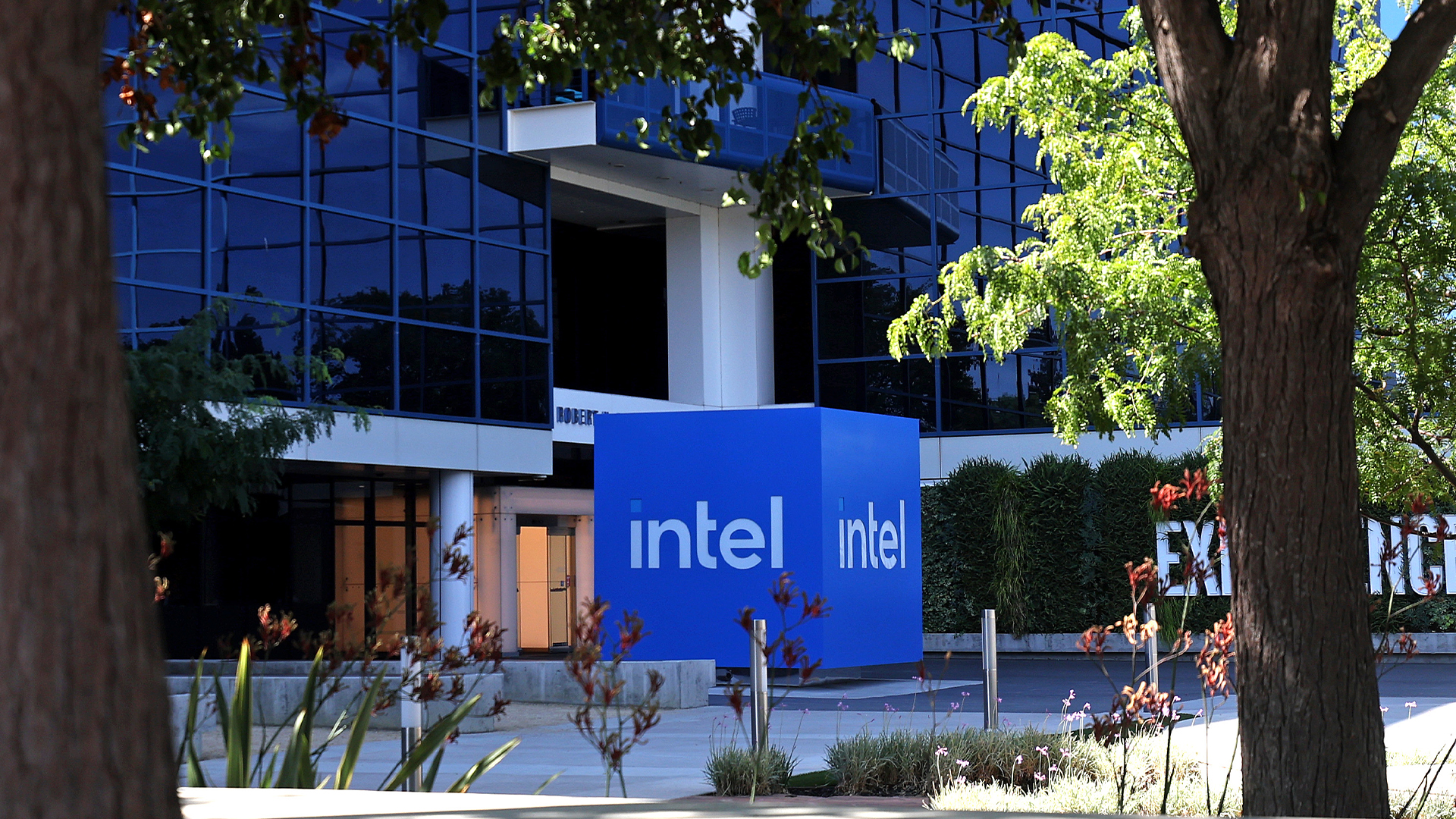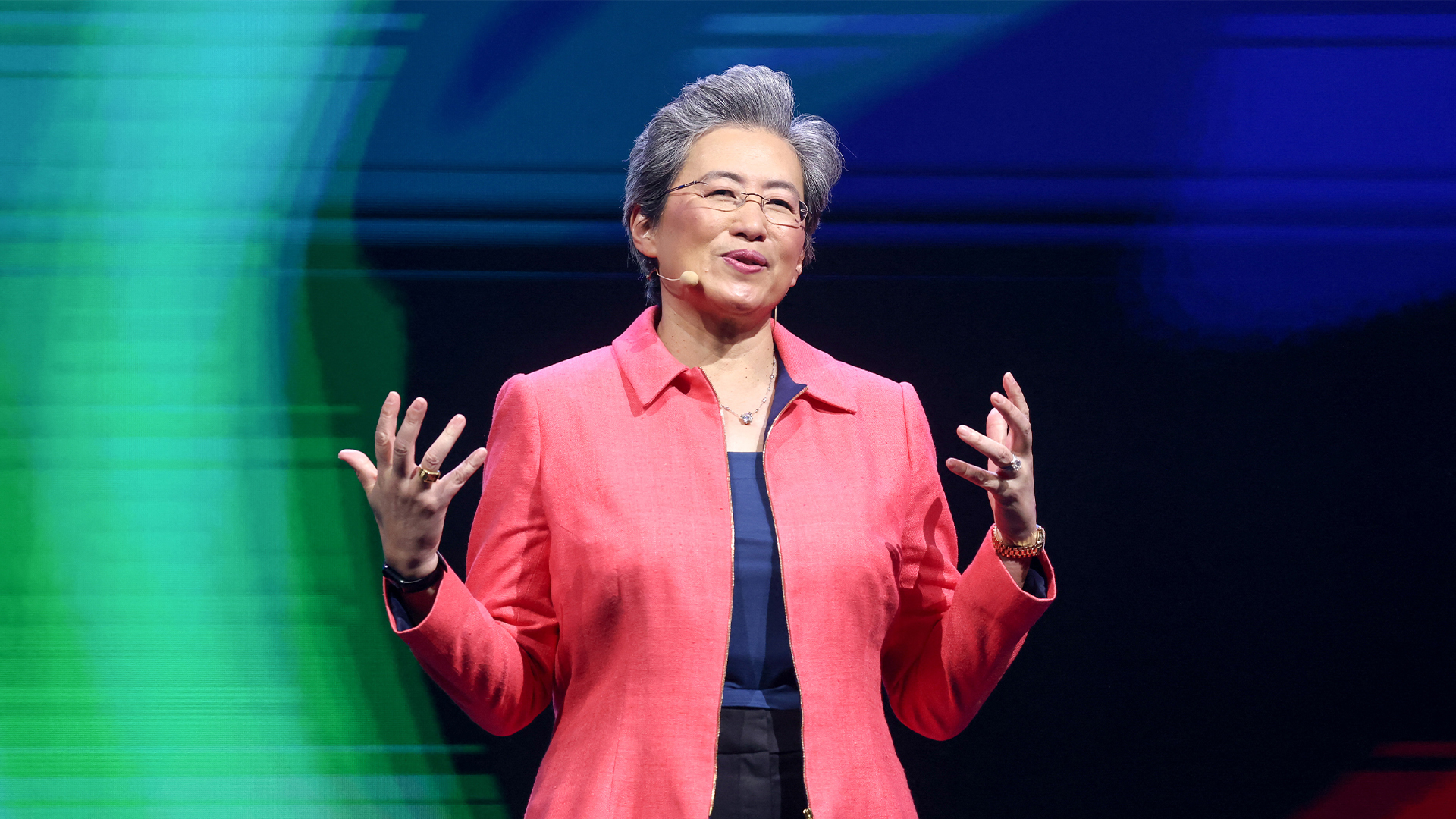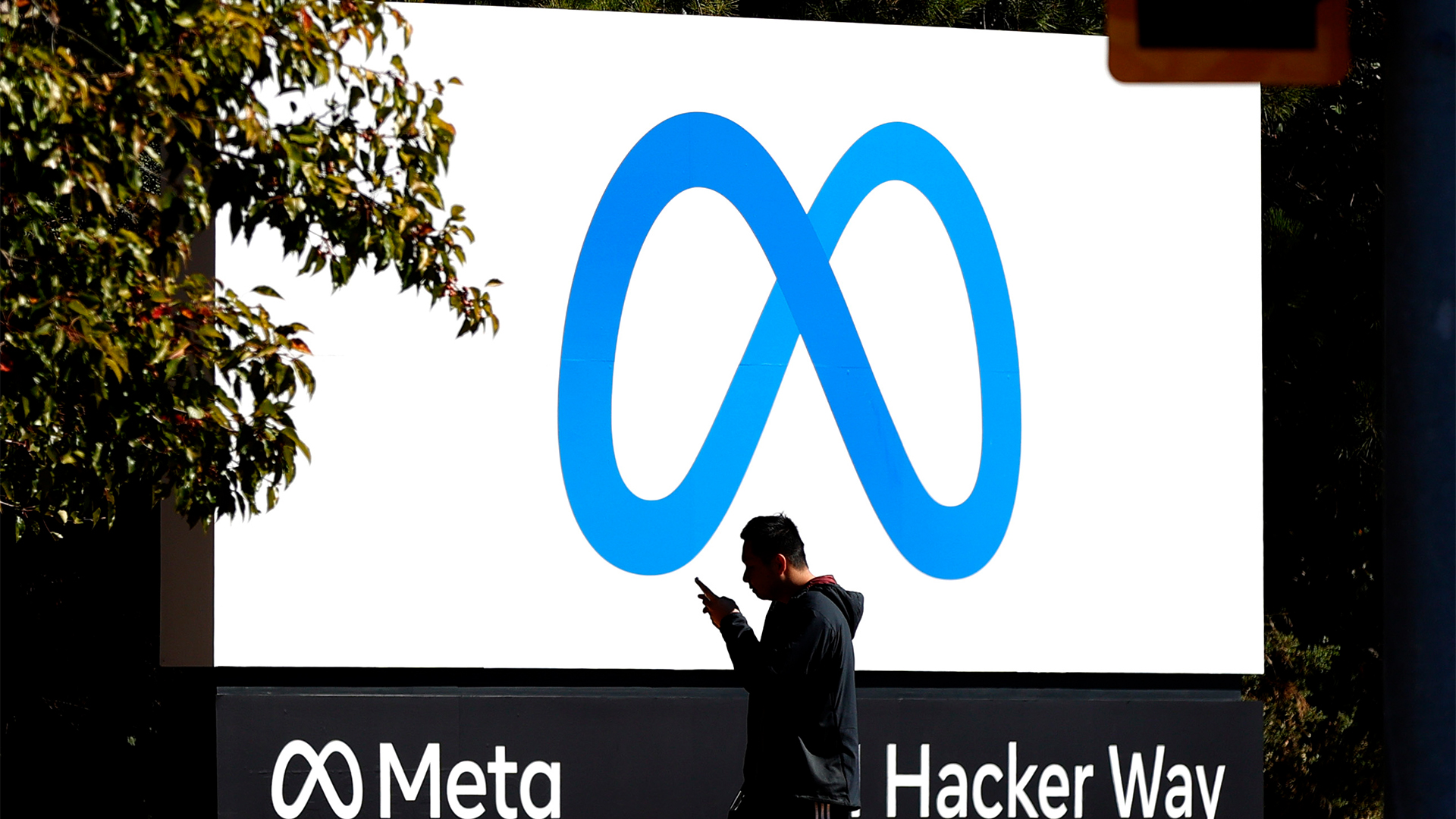Why has Intel bought McAfee?
Intel stunned markets yesterday with the announcement of a massive deal to buy McAfee. Simon Brew looks at some of the reasons why it may have done it.

There's also the argument that McAfee is the right company for the right price at the right time.
If Intel had been considering entering the security market in a big way for some time (and it's been collaborating with McAfee on projects for well over a year), then its options of this magnitude weren't too varied.
You can't imagine that Symantec, for instance, would have been affordable or interested in a deal. Kaspersky too is very much driven by the man whose name is on the building, and thus wouldn't appear to be a logical fit. McAfee, while rarely the most acclaimed of security firms, has a pedigree, a level of business and, perhaps most crucially of all, an interest in selling.
Profit
There's also another factor that has been overlooked over the past 24 hours. And that's sheer cash. McAfee is a profitable business in a growing area, that on its own is turning over $2 billion of revenue (based on 2009 figures). Granted, the income figure is at $173 million, but with the economies of scale that Intel can introduce, and the expanding of the McAfee business into other areas where Intel operates, it's not difficult to see that growing.
Security
So what word from Intel on the matter? In its own statement announcing the purchase, the firm has been playing up the security angle heavily, for obvious reasons. But it's also suggesting that its intentions are to marry together security software and hardware from one company.
Sign up today and you will receive a free copy of our Future Focus 2025 report - the leading guidance on AI, cybersecurity and other IT challenges as per 700+ senior executives
Interestingly, and this may be the key, it's also cited wireless security, a major issue in the marketplace and one set to grow further, especially with the likes of near field communication (among other innovations) set to grow in popularity.
It certainly offers a signal of intent as to Intel's thinking towards mobile handsets and mobile devices as a whole. For once the deal gets rubber-stamped and that won't be until next year Intel will be the only player in that market that can both offer the hardware, and the software to secure it.
-
 Cyber resilience in the UK: learning to take the punches
Cyber resilience in the UK: learning to take the punchesColumn UK law now puts resilience at the centre of cybersecurity strategies – but is legislation simply catching up with enterprise understanding that resilience is more than just an IT issue?
-
 CISPE claims European Commission gave Broadcom a ‘blank cheque to raise prices, lock-in, and squeeze customers’ with VMware deal
CISPE claims European Commission gave Broadcom a ‘blank cheque to raise prices, lock-in, and squeeze customers’ with VMware dealNews Cloud providers have issued a formal response to the General Court of the European Union after the Commission defended its approval of the deal
-
 Intel to axe 24,000 roles, cancel factory plans in sweeping cost-cutting move
Intel to axe 24,000 roles, cancel factory plans in sweeping cost-cutting moveNews Despite better than expected revenue in its Q2 results, the chip giant is targeting a leaner operation
-
 Intel makes high-level hires while factory workers are warned of layoffs
Intel makes high-level hires while factory workers are warned of layoffsNews The company is appointing four senior executives as part of efforts to refocus on engineering and customer relationships
-
 Intel layoffs confirmed as CEO eyes 'sustainable growth'
Intel layoffs confirmed as CEO eyes 'sustainable growth'Intel’s new CEO Lip-Bu Tan has confirmed the company will be cutting its headcount in response to sluggish revenue.
-
 Everything you need to know about Lip-Bu Tan, Intel’s new CEO
Everything you need to know about Lip-Bu Tan, Intel’s new CEONews Intel has announced its next CEO in the wake of Pat Gelsinger's retirement, naming former board member Lip-Bu Tan as its new leader months after he quit.
-
 Intel CEO Pat Gelsinger announces retirement
Intel CEO Pat Gelsinger announces retirementNews Gelsinger’s departure comes amid a tumultuous period at Intel
-
 AMD to cut around 1,000 staff to focus on "growth opportunities"
AMD to cut around 1,000 staff to focus on "growth opportunities"News The AMD layoffs come after rival Intel cut staff on the back of flagging AI returns
-
 Meta layoffs hit staff at WhatsApp, Instagram, and Reality Labs divisions
Meta layoffs hit staff at WhatsApp, Instagram, and Reality Labs divisionsNews The 'year of efficiency' for Mark Zuckerberg continues as Meta layoffs affect staff in key business units
-
 The power and the pain: Looking forward so you’re not held back
The power and the pain: Looking forward so you’re not held backAvoiding server modernization may seem like a cost-saving strategy, but the hidden risks of downtime, security breaches, and operational inefficiencies can quickly become far more costly…